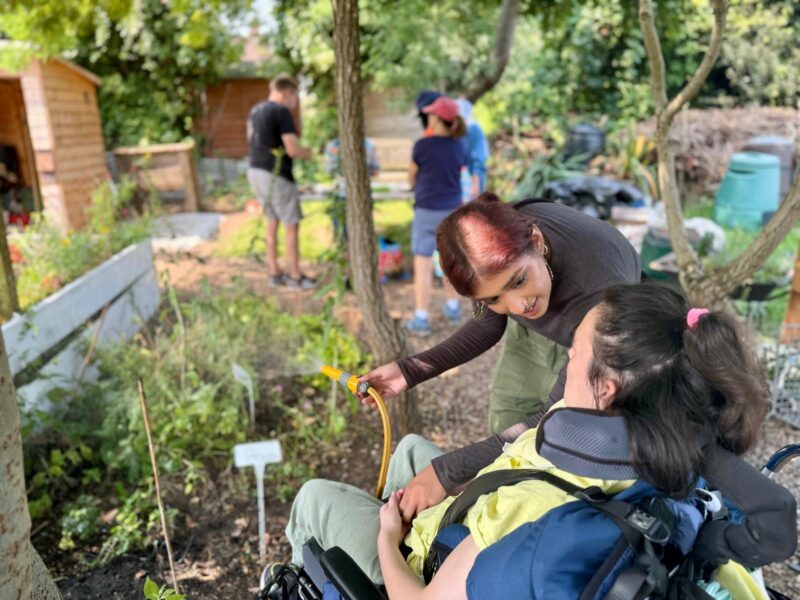Home > Hub article > Social Care Outcomes – Good and Bad Examples
Social Care Outcomes – Good and Bad Examples
Updated: 16/05/24
Created: 16/05/2023, Bright Futures @Ruils
Who by? Bright Futures @Ruils
Why might it be of interest?
Social care outcomes are surprisingly hard to write! And many social care plans have as outcomes what is actually the service or support needed.
The outcomes are what the individual wishes to achieve with the support or from the service that is being provided but all too often there is no achievement specified, simply the number of hours of support or that an individual would like to do an activity.
We’re not looking at lofty achievements here or a list of activities that the individual likes. But we are looking at some positive result from the support or activity. Outcomes are the things that enhance an individual’s life:
- I want to go to the pub each week is not an outcome
- I want to go to the pub each week to meet friends as this helps me feel included and happy is an outcome
Good examples of outcomes
- To be clean and dressed appropriately for the weather
- To maintain my relationships with friends and family
- To have social contact with people of my age and enjoy activities which make me feel good
- To give my family a break
- Living “independently” in a supported environment
- Participating and making the most of all opportunities in family and community life
- Learning skills that will lead to meaningful work
- Maintaining employment or a voluntary role – supported in a mainstream environment
- Developing skills and routines that will enable me to keep my home clean and tidy
- Attending medical appointments and maintaining a healthy life
- Participating in exercise classes on a regular basis to support a healthy life
Bad examples of outcomes
- To have a PA 5 hrs a week
- To use my Direct Payment to pay a PA
- To go horseriding once a week
Outcomes are about quality of life and an individual’s aspirations – what matters to that person – so there’s no one size fits all approach. Things that enhance quality of life include:
- Independence
- Empowerment (having the information and advice needed to choose)
- Being safe
- Connecting with community – local community and family and friends
It might help to start with the categories assessed at the Care Act assessment and think about what outcomes in those areas would enhance your young person’s life:
- managing and maintaining nutrition
- maintaining personal hygiene
- managing toilet needs
- being appropriately clothed
- maintaining a habitable home environment
- being able to make use of the home safely
- developing and maintaining family or other personal relationships
- accessing and engaging in work, training, education or volunteering
- making use of necessary facilities or services in the local community
Although you don’t need to stick strictly to these categories they might give you something to start from. Something like ‘learning to manage my own toileting needs’ could lead to greater independence and promoting a person’s dignity.
There may be many outcomes so you may have to think about prioritising to ensure that something actually happens. There’s nothing wrong with a long list of aspirations as long as it doesn’t get in the way of getting started!
Categories: Adult Social Care, Social Care
Tags: outcomes, social care outcomes
